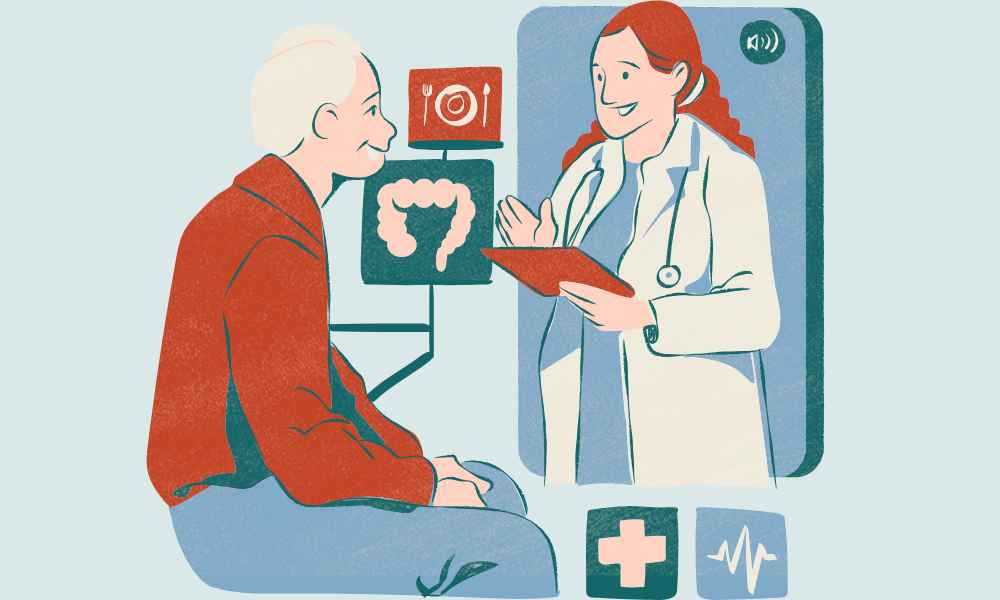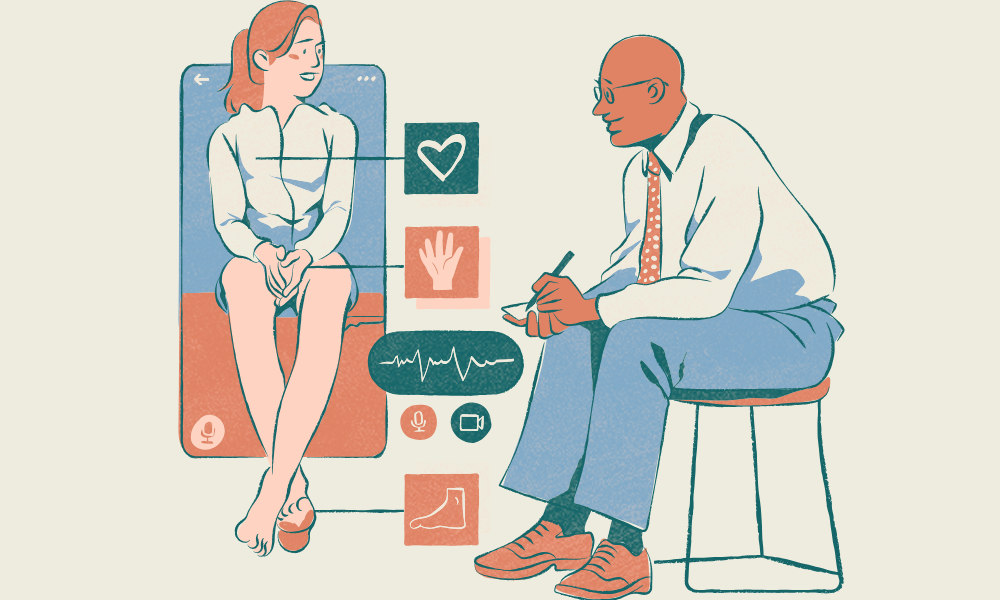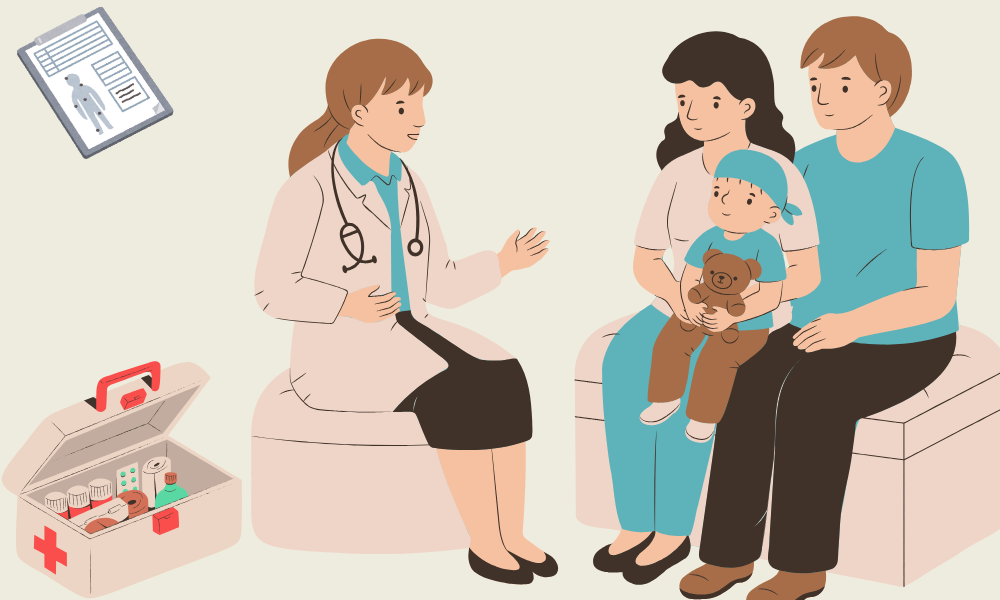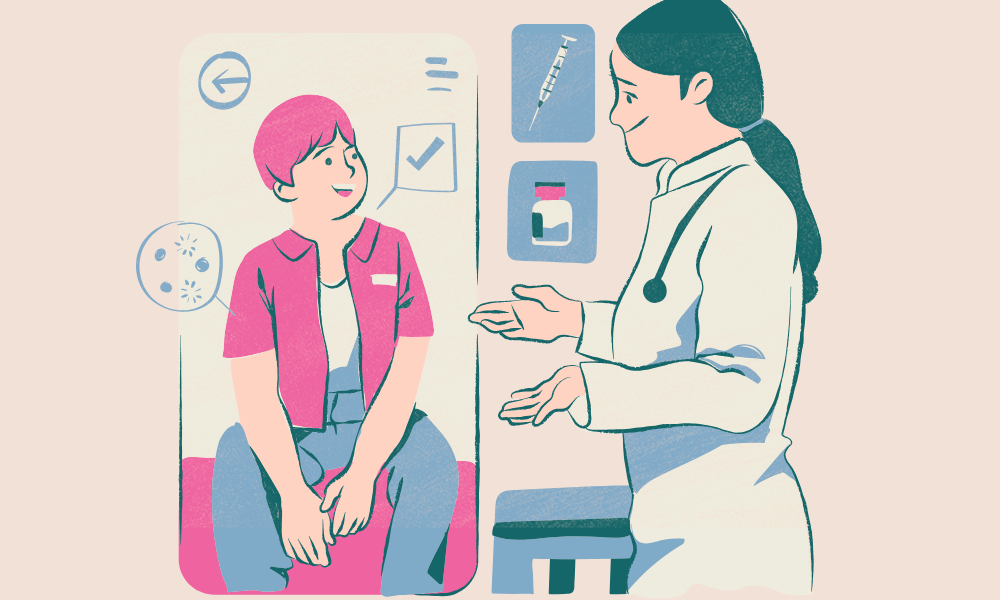Health is one of the most valuable assets in life, and educating people about healthy practices is crucial for building stronger communities. This is where health education comes into play. By understanding the principles of health education, students and parents can develop the knowledge, attitudes, and habits necessary for a healthy lifestyle.
In this blog, we’ll explore the core principles, their importance, and how they impact everyday life.
What is Health Education?

Health education is the process of teaching and empowerment of individuals and groups to learn information, skills, and motivation for healthier living. It’s not just facts forming habits for a lifetime to enhance physical, mental, and social health.
For children, health education contributes to the formation of early habits such as good nutrition, personal hygiene, exercise, and coping with stress. For parents, it’s about enabling them to assist children to grow up generally.
Why Principles of Health Education Are Important Principles of health education form the basis of good teaching and learning in the course. They ensure that health messages are:
Principles of health education form the basis of good teaching and learning in the course. They ensure that health messages are:
- Clear and easily understood.
- Relevant and applicable to daily life.
- Appropriate to the age and environment.
- Promoting long-term behavior change.
By following these principles, parents, teachers, and health professionals can make sure that education in health has long-term effects, as against awareness which is short-lived.
Key Principles of Health Education

We now present the key principles of health education which are the pillars of effective learning and practice.
1. Credibility of Information
Health education has to be grounded in scientific, up-to-date, and accurate knowledge. When parents and students receive credible information, they are more likely to accept and comply. For instance, promoting vaccination through evidence-based facts helps counteract myths and misconceptions.
2. Comprehension and Clarity
Health content should be straightforward, easy to understand, and suitable for age. Students, particularly at the school level, should be provided with information in a simplified manner, with parents demanding more explanation. Medical jargon should not be used unless it is explained clearly.
3. Relevance to Everyday Life
One of the most effective principles of health education is relating what is learnt to actual life. For example, learning about the need for washing hands or diet is more effective when related to their actual lives.
4. Involvement and Participation
Health education is best when learners participate. Interactive, role play, and community-based activities are more participative. Parents can also participate by following healthy routines with children.
5. Interest and Motivation
If one lacks interest, even the most valuable information is useless. Parents and educators have to create interest such as telling kids that physical exercise is not only good for one’s health, but also for one’s better concentration and grades.
6. Behavioral Change and Practice
Awareness is only the first step, and actual health education goal is behavior modification. Education about the ill effects of fast food should drive food habits. Ongoing encouragement and support from family members are a must in this regard.
7. Cultural and Social Sensitivity
Various populations believe in different things and have various traditions. Living together with respect for cultural beliefs and following healthy practices ensures more acceptability. Nutrition, for instance, if it involves food that is culturally familiar to the people, makes stronger bonds.
8. Consistency and Reinforcement
Reminders should be repeated and reiterated to guarantee memory. Students will be reminded and appreciate repeated reminders over time about hygiene, while parents must be diligent role models of adherence to healthy habits.
9. Practical Application
One needs practical demonstrations, not theory alone. Practical demonstrations such as demonstrating how to brush teeth properly, or cooking a meal together, enable acquiring knowledge in the long term.
10. Evaluation and Feedback
Measurement of whether health education programs do or not work is another essential principle. Teachers, parents, and others can look for evidence of behavior change, change in knowledge, and change in attitudes to gauge that goals are being accomplished.
How Parents and Students Can Apply These Principles
For Students
- Build healthy routines each day (exercise, diet, hygiene).
- Ask questions to have doubts cleared.
- Active participation in school health events.
- Remain in touch with credible health information.
For Parents:
- Model and practice what you speak.
- Provide open discussion of health.
- Reward the desired behavior with a positive response.
- Adjust health practice according to the age and need of the chil
Advantages of Adopting Principles of Health Education

Enhanced Lifestyle Options – Promotes good eating habits, physical activity, and hygiene.
Disease Prevention – Prevents infection and lifestyle disease.
Improved Academic Performance – Better students can learn and focus more.
Emotional and Mental Well-being – Encourages stress management and resilience.
Community Building – Healthy families translate into healthy communities.
Conclusion

The foundations of health education are a beacon to lead the development of healthier individuals and a tighter-knit community. If implemented in schools, homes, and communities, the parents and the child can collaborate to build a healthier world. Health education isn’t merely disease prevention, it’s helping people to lead a well-balanced, meaningful, and productive life.
FAQs on Principles of Health Education
Q1. What are the basic principles of health education?
The basic principles are credibility of information, clarity, relevance, participation, motivation, behavior change, cultural sensitivity, reinforcement, practical application, and evaluation.
Q2. Why are health education principles vital?
They render health messages efficient, credible, and effective, leading to long-term changes in behavior and not short-term awareness.
Q3. How can students gain from health education?
Students acquire vital life skills, enhance health habits, enhance scholarship, and acquire how to make healthy lifestyle decisions.
Q4. What is the contribution of parents in health education?
Parents serve as role models, promote good health practices, and provide a facilitating climate for implementing health practices at home.
Q5. How do we make health education more effective?
By maintaining information as up-to-date, simple, useful, and interesting while taking account of cultural values and reinforcing continually.

